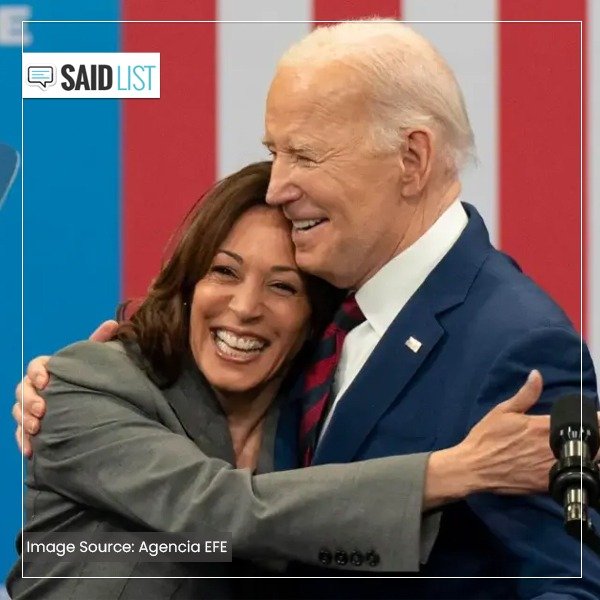Rahul Gandhi suffered a severe loss today when a Gujarat court denied his bid to postpone his conviction in a defamation case related to his remark about the “Modi surname” in 2019. As a result, Rahul Gandhi cannot currently be re-elected as a member of parliament.
Rahul Gandhi had asked that his conviction be put on hold while he appealed the judge’s decision to sentence him to two years in prison. The Congress leader claimed that the trial court had unfairly treated him and had been greatly affected by the fact that he was an MP.
Rahul Gandhi failed to show that he would suffer irreparable harm if the sentence was not overturned and he was denied the chance to run for office, according to trial court judge Robin Mogera.
The Supreme Court’s advice that decisions to suspend a conviction should be made cautiously and “not in a casual and mechanical manner that will shake public confidence in the judiciary” was also mentioned by the judge.
On March 23, a Gujarat court found 52-year-old Rahul Gandhi guilty and gave him a two-year prison term for his remarks made during the 2019 Lok Sabha campaign. Purnesh Modi, a former Gujarat minister and member of the BJP, brought the legal action in response to Rahul Gandhi’s remark that “all thieves have the surname Modi.” Mr. Gandhi had been given 30-day bail by the lower court so that he may appeal the decision.
Wayanad in Kerala is Mr. Gandhi’s vacant Lok Sabha constituency, and by-elections are imminent. His disqualification from being an MP may have been overturned if the court had halted the conviction today.
Judge Mogera noted that Rahul Gandhi had made “some disparaging remarks against Prime Minister Narendra Modi in public and further compared the people with ‘Modi’ surname with thieves, and the complainant is also having the surname of Modi.”
The appellant was a sitting member of parliament and involved in public life; he was not an ordinary person. The judge argued that the general public would be greatly impacted by anything the appellant said and demanded a “high standard of morality” from someone of his caliber.











